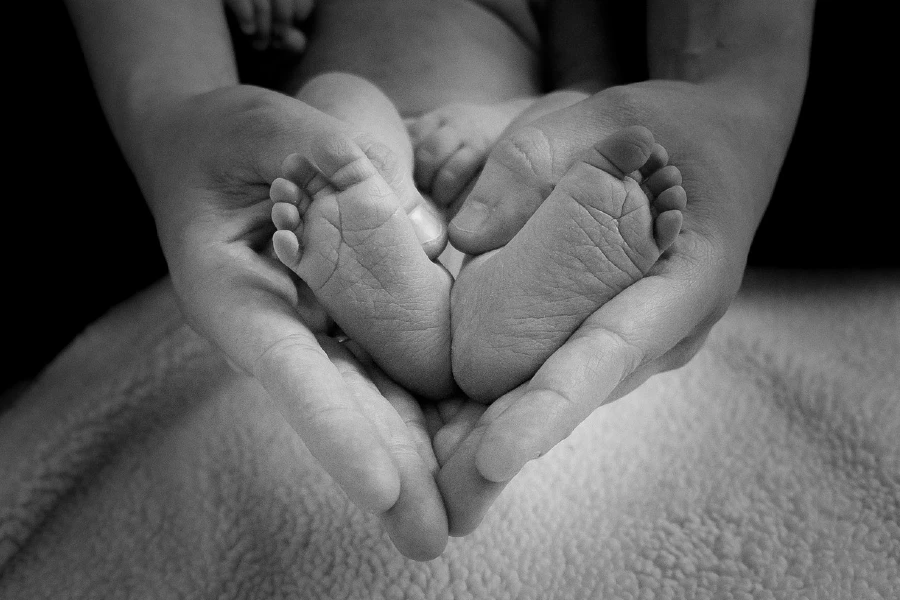The Centers for Disease Control and Prevention has informed doctors nationwide about the restricted availability of a new vaccination created to protect infants from the dangerous respiratory virus known as RSV. The prevalence of RSV episodes is on the rise when the cold and flu season begins, primarily impacting infants below six months of age and individuals with pre-existing medical issues.
The FDA granted official approval to the newly discovered antibody drug, known as Beyfortus or Nirsevimab, in July. Nevertheless, as the autumn cold and flu season has begun, there is now a higher demand than the supply can meet. Nirsevimab is available in two dose strengths: 100 milligrams and 50 milligrams.
He has notified confident parents that their baby will not be vaccinated this year.
According to the CDC, doctors should give priority to delivering the higher-dose vaccine to infants who are at the highest risk of severe RSV, including preterm babies and those with chronic lung disorders. “It is both challenging and concerning to enter a clinic and be aware that there are infants who could benefit from this preventive therapy but not be able to provide it,” says Dr. David Cope, a family medicine practitioner in Bountiful, Utah.
He has notified confident parents that their baby will not be vaccinated this year because there is not enough of the most potent medication, a 100-milligram pre-filled syringe made explicitly for infants weighing less than 11 pounds.
Infants necessitate vaccination because their immature immune systems are incapable of effectively combating RSV. RSV commonly causes a mild infection in the upper respiratory tract, but it can cause a serious illness called bronchiolitis in preterm infants and others with pre-existing health issues.
Despite the availability of vaccines for disease prevention, many parents choose to use monoclonal antibodies like Nirsevimab to protect their infants.
Every year, around 2.1 million children in the United States need to be hospitalized because of RSV infections, resulting in a fatality rate of about 0.1%.
RSV, or respiratory syncytial virus, is the leading cause of lower respiratory tract infections in young children and adults. In infants, it is primarily associated with bronchiolitis and pulmonary interstitial pneumonia, both severe symptoms of the illness. The infection can also lead to pneumonia, gastroenteritis, and meningitis.
During the first six months of a person’s life, respiratory syncytial virus (RSV) presents a substantial danger, with the bulk of the 2.1 million severe cases occurring annually. Infants who are infected are most likely to require hospitalization, and over 50% of those who contract a lower respiratory tract illness will experience a complication that necessitates medical attention.
Despite the limited availability, parents can utilize several strategies to find the drug.
Despite the availability of vaccines for disease prevention, many parents choose to use monoclonal antibodies like Nirsevimab to protect their infants. Palivizumab, a drug approved in 1998, is given to children at high risk of developing severe RSV disease by monthly injections. This includes neonates who are delivered prematurely or have specific underlying medical issues.
Despite the limited availability, parents can utilize several strategies to find the drug. Individuals who have been granted authorization for the high-dose form of the medication can acquire it either at their doctor’s office or at a certified clinic specializing in the care of newborns, such as a neonatal intensive care unit. Further details can be accessed on the Centers for Disease Control and Prevention (CDC) website.

Dominic E. is a passionate filmmaker navigating the exciting intersection of art and science. By day, he delves into the complexities of the human body as a full-time medical writer, meticulously translating intricate medical concepts into accessible and engaging narratives. By night, he explores the boundless realm of cinematic storytelling, crafting narratives that evoke emotion and challenge perspectives. Film Student and Full-time Medical Writer for ContentVendor.com




